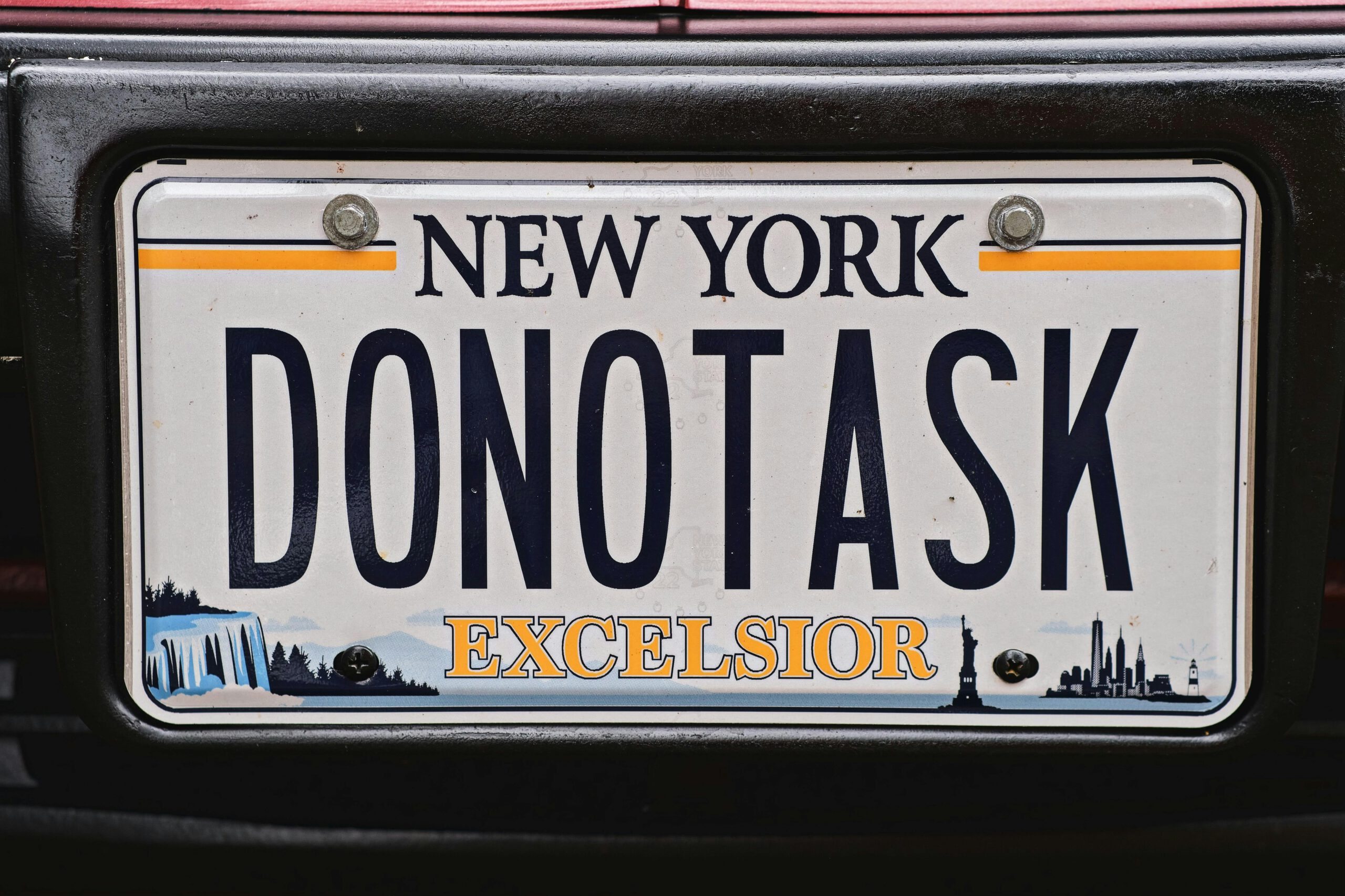Forget crypto or dropshipping—the real money in gaming isn’t streaming or tournament prizes. It’s selling software that makes headshots automatic and walls transparent. Academic researchers just pulled back the curtain on a shadow economy that’s raking in tens of millions annually, and the numbers are more staggering than most AAA game budgets.
Universities of Birmingham and Warwick analyzed around 80 cheat-selling websites across North America and Europe, discovering an industry generating between $12.8 million and $73.2 million yearly. That’s Netflix-level subscription revenue, except instead of binge-watching Stranger Things, customers are paying $10 to $240 monthly to dominate lobbies in:
- Fortnite
- Call of Duty
- Counter-Strike 2
Between 30,000 and 174,000 people actively subscribe to these services each month, creating a customer base that would make most SaaS startups jealous. EngineOwning, one of the market leaders, attracts roughly 500,000 monthly website visits with comparatively affordable $10-$20 packages. Meanwhile, premium cheat suites command prices up to $254 monthly—more expensive than most people’s car payments.
Game popularity doesn’t drive cheat prices. Anti-cheat difficulty does. The harder publishers make it to bypass their security, the more cheat developers charge for their workarounds. It’s basic supply and demand, except the supply side involves reverse-engineering kernel-level protections and the demand side involves people willing to mortgage their dignity for digital dominance.
Publishers aren’t sitting idle. Call of Duty: Black Ops 6 will require:
- Windows Secure Boot
- TPM 2.0 requirements
While Battlefield requires Secure Boot—essentially making your motherboard a bouncer checking IDs at boot time. Yet cheaters still showed up in recent beta testing despite these measures, though publishers report catching and banning them at unprecedented scales.
This arms race echoes the broader tension between security and convenience that exploded into mainstream consciousness during the CrowdStrike incident. Every kernel-level anti-cheat system represents another potential single point of failure, yet competitive integrity seemingly demands these invasive measures.
Making cheats harder to develop makes them more expensive to buy, which reduces the customer pool. Publishers aren’t trying to eliminate cheating—they’re pricing it out of reach for most players while accepting that determined actors will always find workarounds. Much like the ongoing digital ownership fight, this represents larger questions about control and access in gaming. It’s economic warfare disguised as technical innovation.
Your next multiplayer session exists in this perpetual battlefield where million-dollar industries clash over millisecond advantages and pixel-perfect aim.




























